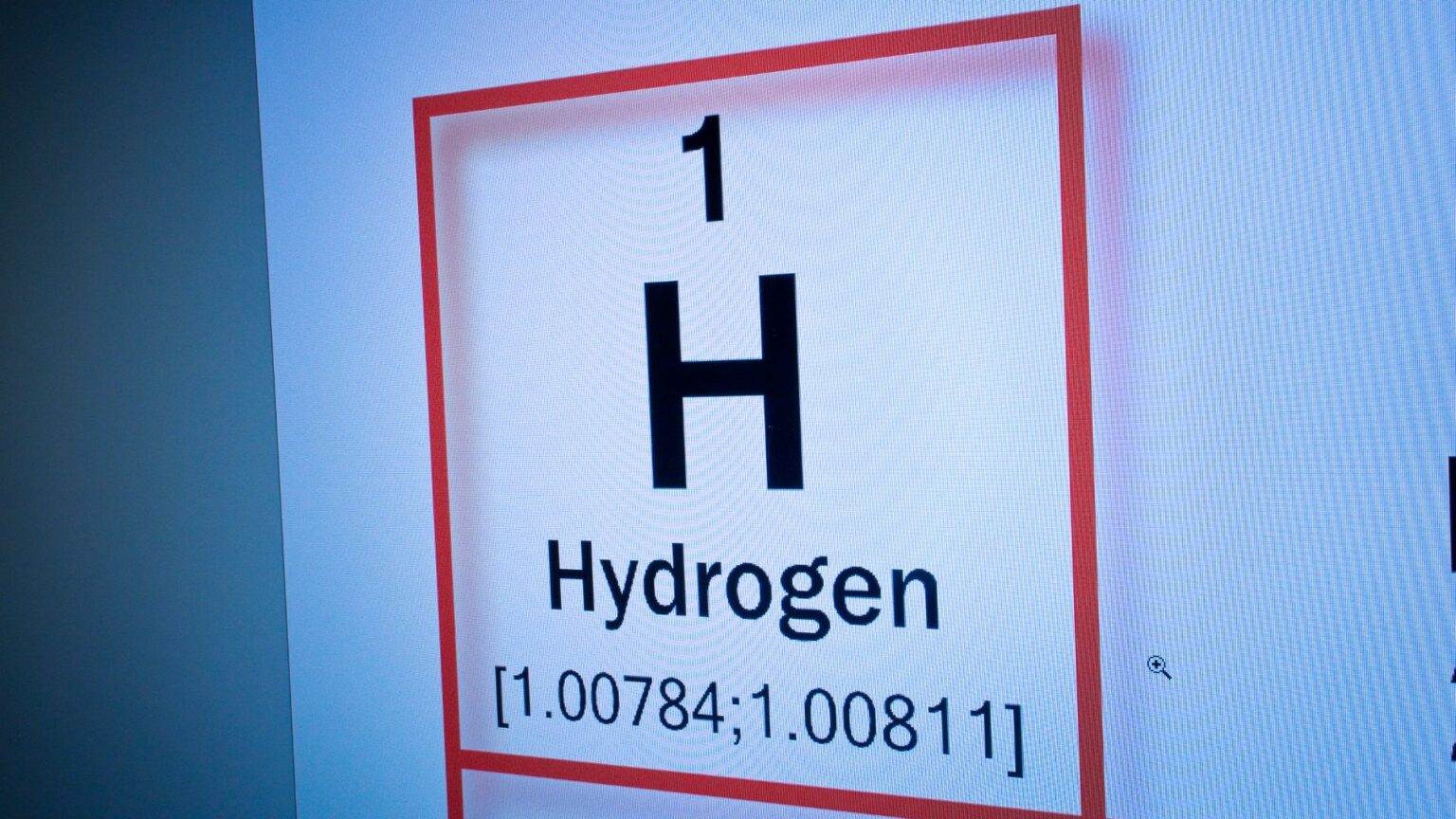The advent of hydrogen as a potential cornerstone in the energy transition has been met with both enthusiasm and skepticism. Recent market analyses and case studies present a multifaceted view of hydrogen’s role—highlighting its potential applications, regulatory challenges, and economic implications within the global energy sectors.
Current endeavors include hydrogen blending into existing gas distribution networks. In the UK, SGN has received significant funding to test hydrogen transmission through its pipelines. This move is part of broader efforts seen across Europe and other regions, aiming to stabilize energy costs and promote cleaner alternatives to natural gas. For instance, the Hydrogen Blending Consultation in Scotland has focused on blending up to 20% hydrogen into national gas networks. This approach is seen as a transitional technique to reduce carbon emissions while maintaining the integrity of existing gas infrastructure.
However, the adaptation of gas networks for hydrogen usage presents substantial technical and financial challenges. Hydrogen’s smaller molecular structure makes it prone to leaks, requiring extensive retrofitting of current systems, which could significantly raise costs and safety concerns. Moreover, the overall efficiency of hydrogen as a heating solution is questioned, with studies indicating that hydrogen boilers demand over five times more electricity than heat pumps, making them less economical long-term.
Case Studies: Evaluating Hydrogen Projects
Several case studies underscore the complexities and varying effectiveness of hydrogen investments globally. In the UK, the H100 Fife project aims to demonstrate hydrogen as a home energy source by connecting homes to a dedicated hydrogen grid powered by offshore wind. Despite these innovative projects, critics argue that hydrogen’s current use cases often lack scalability and efficacy compared to other renewable options.
The investment strategies underpinning these hydrogen ventures are also under scrutiny. Many pension funds, heavily invested in hydrogen, face potential risks of stranded assets as demand for traditional gas declines amid tightening environmental regulations and market shifts towards renewable electricity.
Economic and Environmental Impacts
From an economic perspective, the push for hydrogen integration often confronts infrastructural and market inertia. The anticipated drop in gas utility demand, exacerbated by the rise in affordable renewables, casts doubt on the long-term viability of extensive hydrogen use. Policymakers and stakeholders are cautioned to critically assess hydrogen’s economic impacts, particularly in consumer markets where hydrogen heating solutions remain costly and inefficient compared to direct electrification options, such as heat pumps.
Stay updated on the latest in energy! Follow us on LinkedIn, Facebook, and X for real-time news and insights. Don’t miss out on exclusive interviews and webinars—subscribe to our YouTube channel today! Join our community and be part of the conversation shaping the future of energy.
